Bio
My Worries, Tested
Throughout my early 20s, I spent a lot of time seeking to acquire knowledge about my body. It was unwell, this much was certain, and the question of how was one to which I applied myself studiously. Of course, I had theories. Looking back, these tended to change quite frequently. My research required me to enlist the help of doctors. Above all, I sought a scan that would light up every region of my body, revealing clearly and distinctly what was the matter with it. It is a long story; it went on for some time. Then something happened.
One evening I fell sick. I had a fever and didn’t sleep. Nevertheless, the following morning I felt fine and went to work. But that evening the fever came back, this time worse. This cycle continued for a week or two.
At the time, I was an outreach worker. This was in 2012, or possibly 2013, relatively early in the days of austerity. It was January. The work involved traipsing the streets of north London to inform its elderly inhabitants of which services remained. I was working under the aegis of a new charity whose main funders were the councils in which it operated. I was paid handsomely for this work, but by the hour. What was more, it was seasonal; once temperatures reached double digits, this brief and surprisingly lucrative employment would cease.
I quickly adapted my routine to these new realities. I’d get up, without having slept, and put my bed sheets in the washing machine (time delay: seven hours). Then I’d cycle across the river. I’d walk around the council estates of north London, which were now mostly privatised, and knock on some doors. Then I’d cycle back to Camberwell, move my bed sheets from the washing machine to the dryer, eat dinner, wash up, read something, and reinstall the freshly laundered sheets. Then I’d fix myself a drink and sit in bed and wait until, just after 11 pm and always before 11:20, the fever began to gather. This proved to be surprisingly sustainable until one day I collapsed on the stairs.
What followed was a fortnight during which I reported each morning to the Medical Assessment Centre. Sometimes, I spent an entire day there; other times, it was only a fleeting visit to deposit a little blood en route to north London, whose elderly population awaited news about what would survive the cuts to public expenditure that were reported to be “swingeing” (one of those words that, everywhere for a short time, one rarely hears afterward).
Many tests were performed, and aside from ordinary pleasantries, I was rarely required to speak. I simply handed myself over. That the fever had gone by this time was not considered a reason to desist; now, and for the very first time, medicine had taken an interest in my body that had nothing to do with my experience of it.
When, after a fortnight or so, it was revealed that I’d had glandular fever – initially ruled out on the basis of an antibody test but showing up on a subsequent test – I was delighted. It was like one of those criminal judgments in which the accused is given some trivial sentence and, having served this time awaiting trial, is free to go. I’d been an outpatient of the Medical Assessment Centre for a fortnight, or thereabouts. Now I was leaving, healthy. Nevertheless, before long, the fear returned – this time worse.
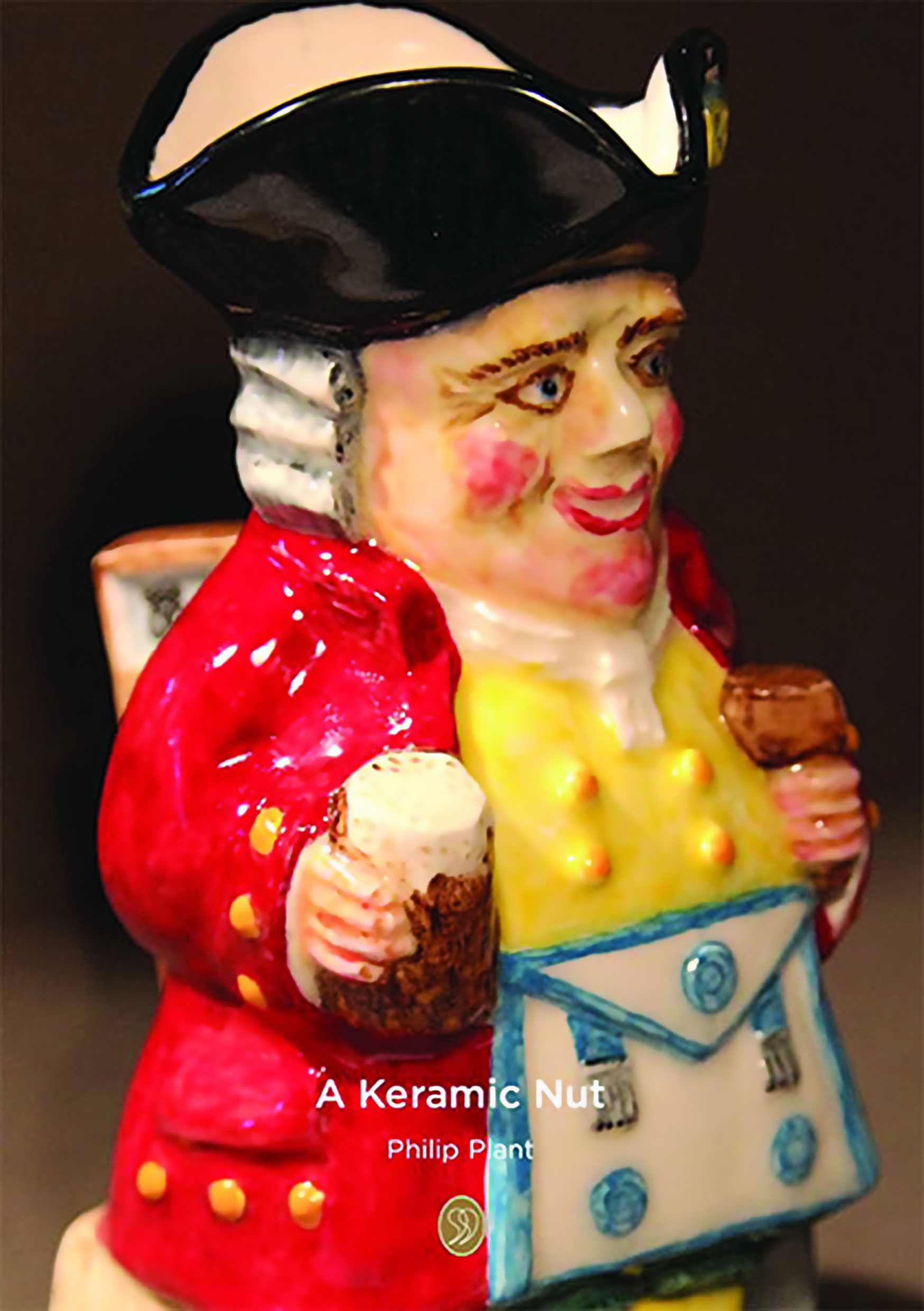

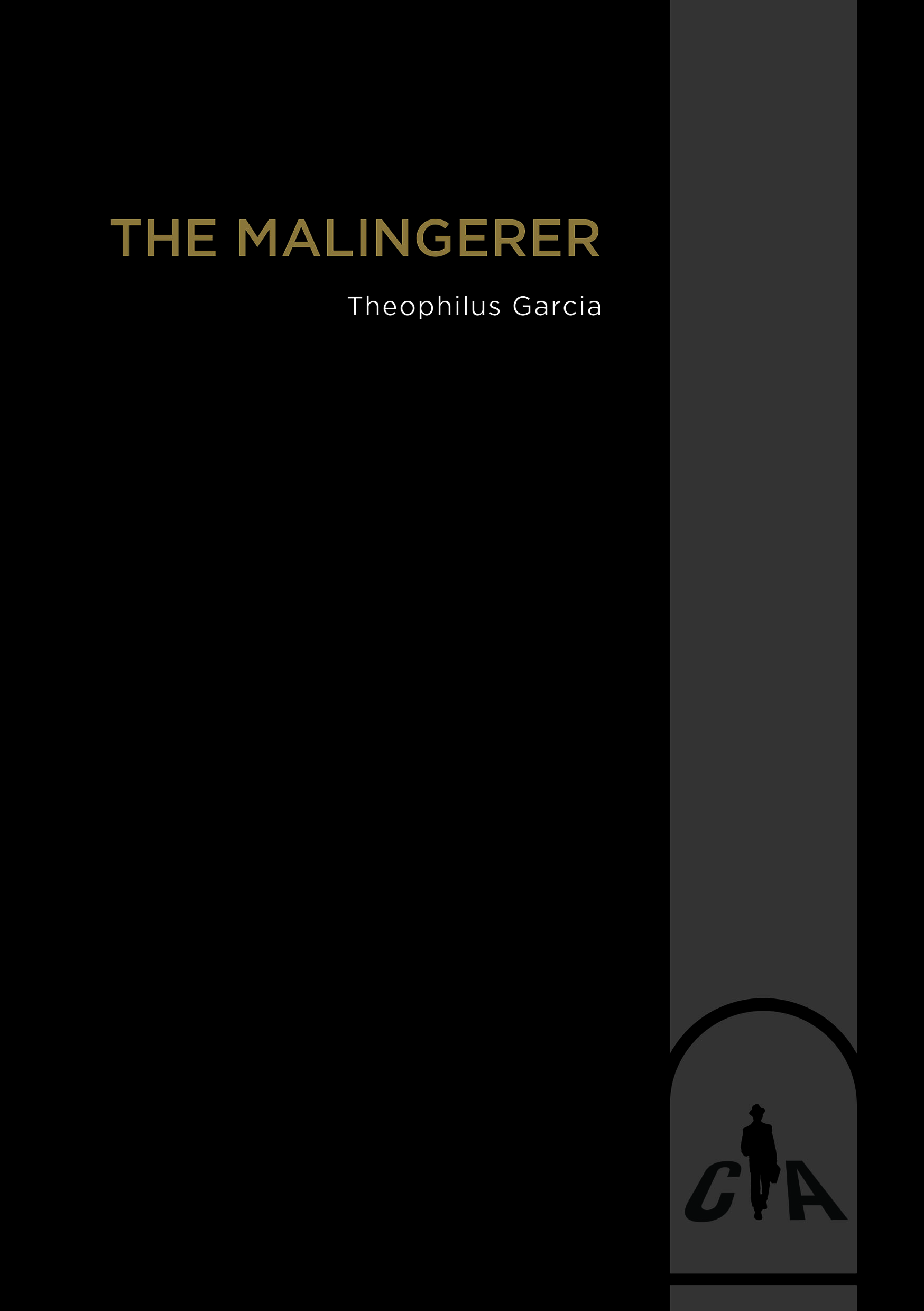

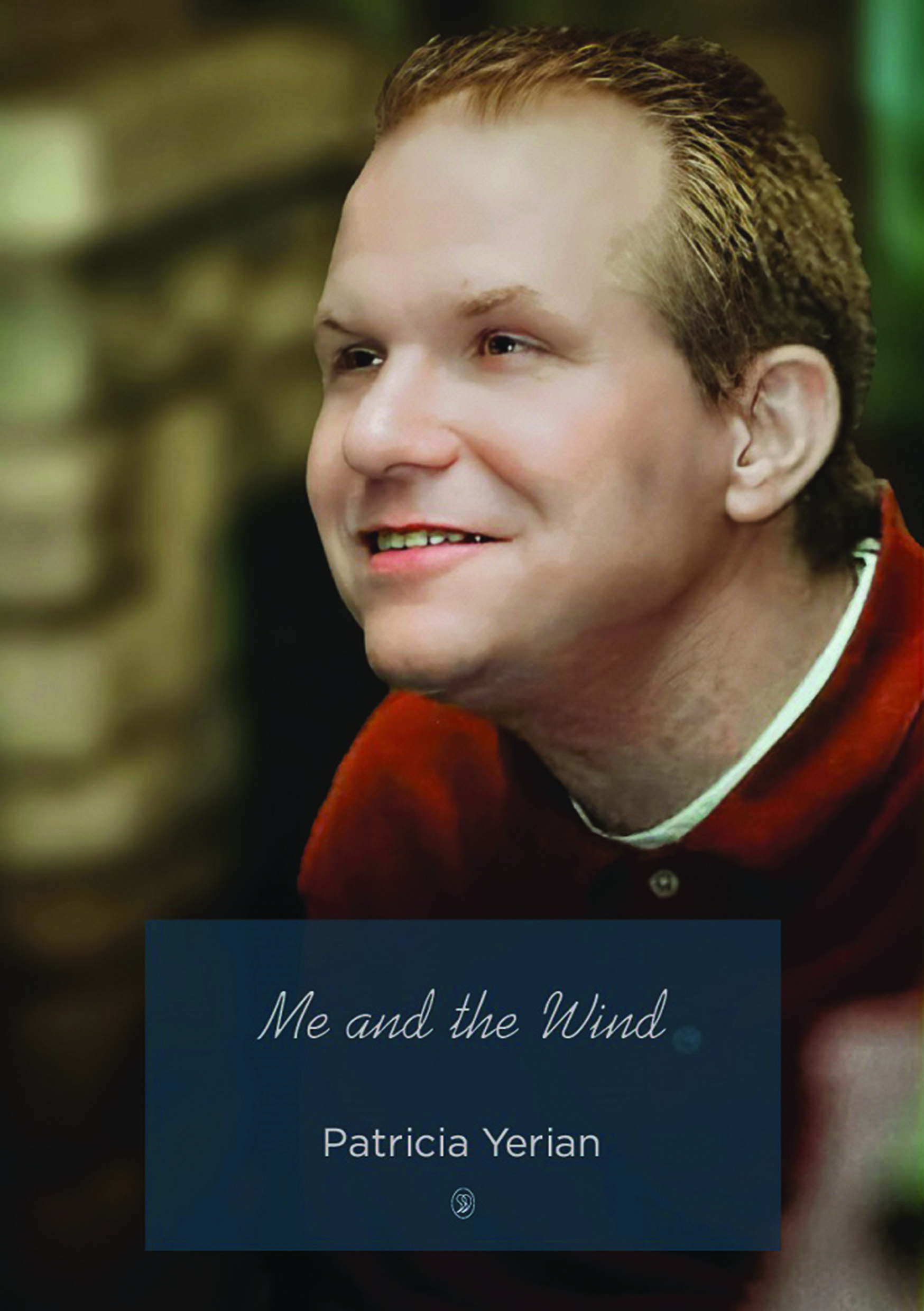



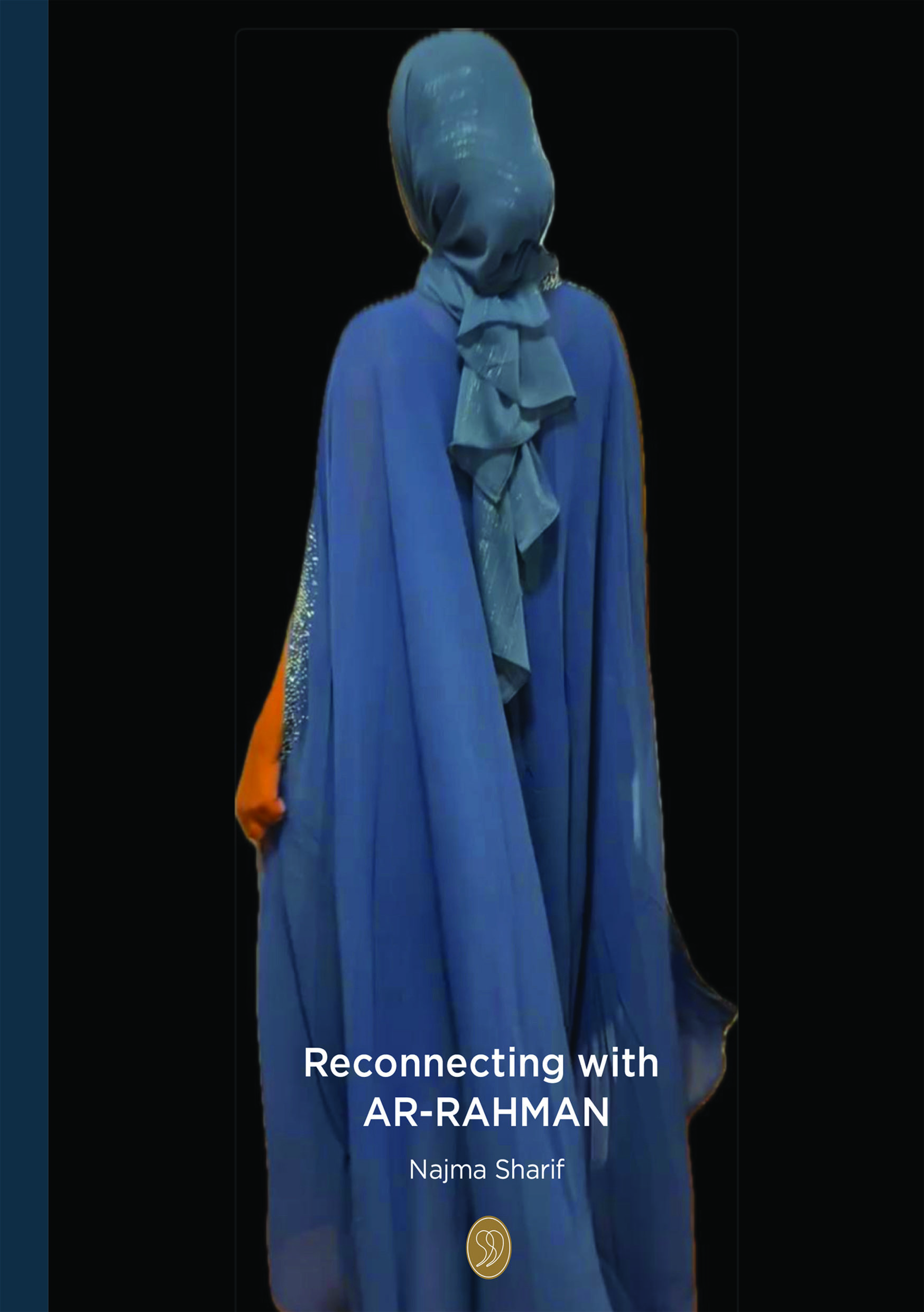



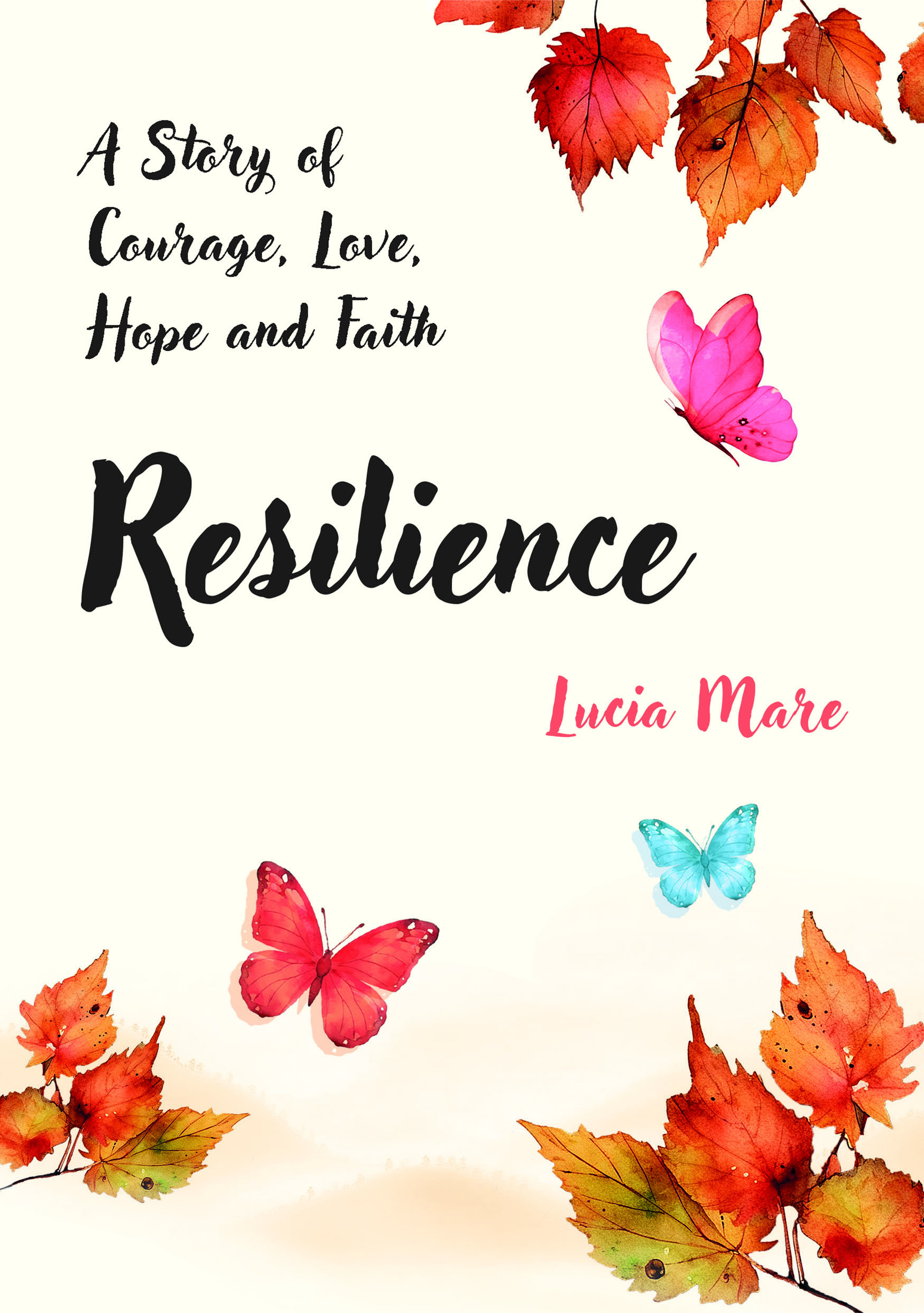







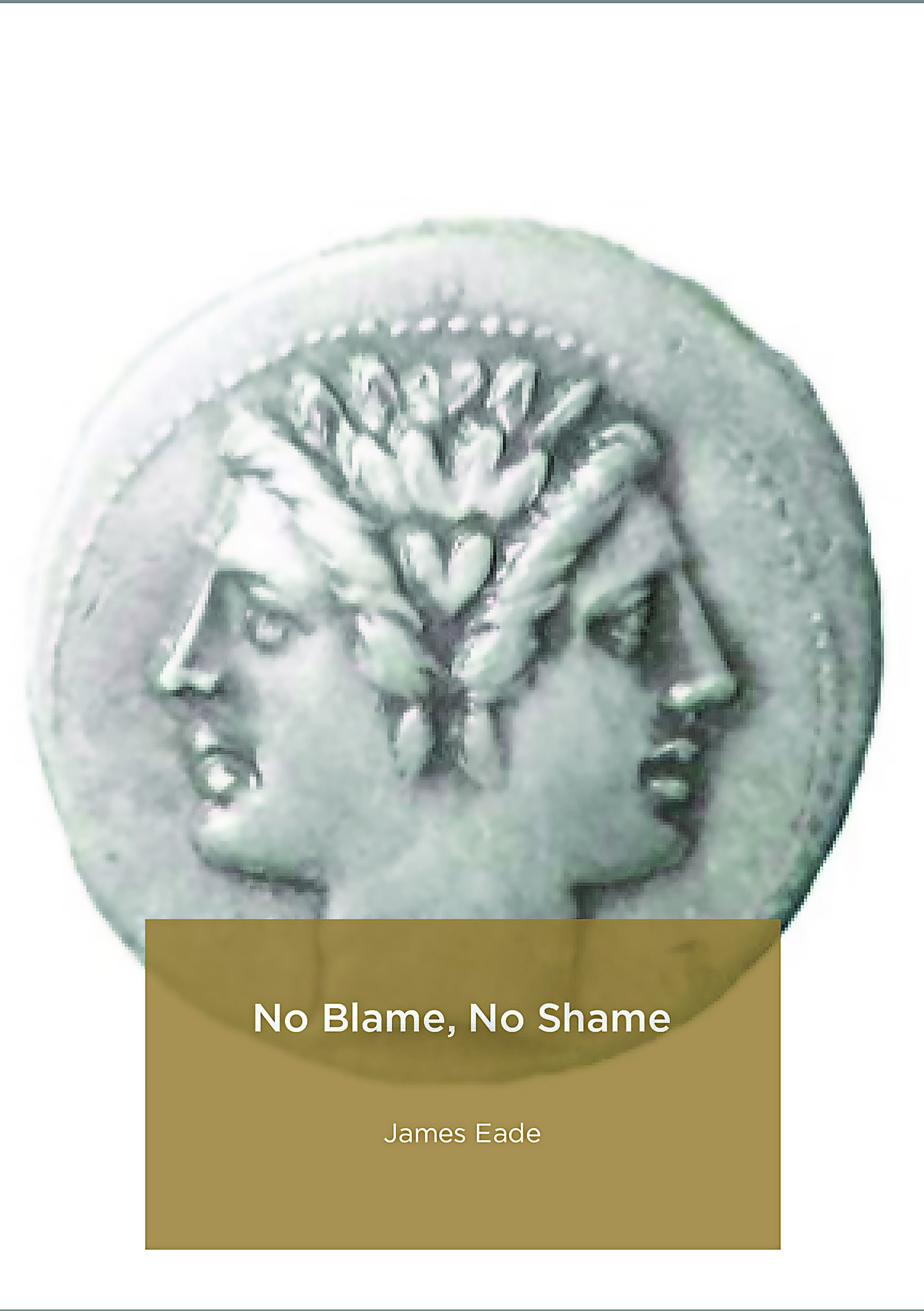







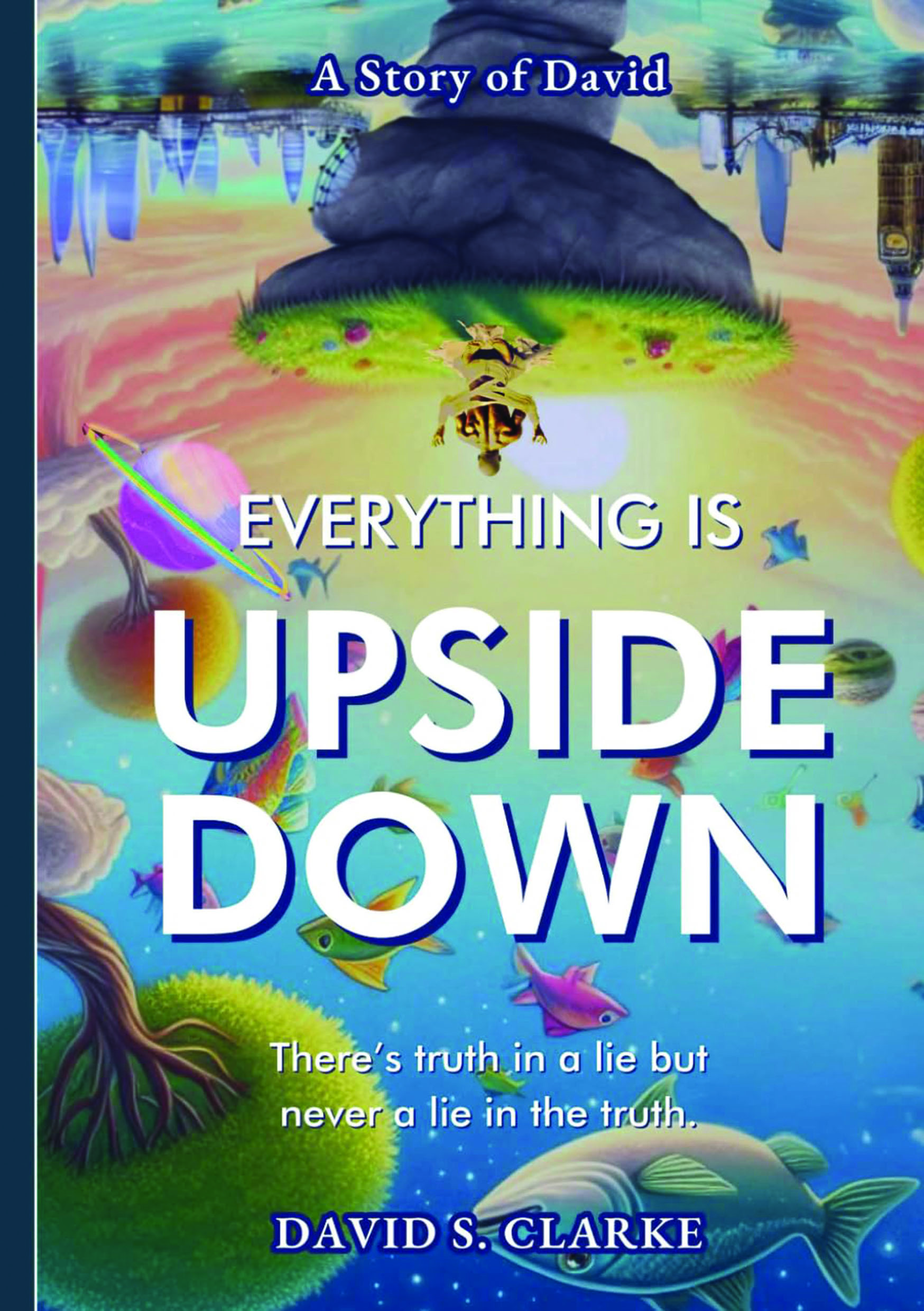

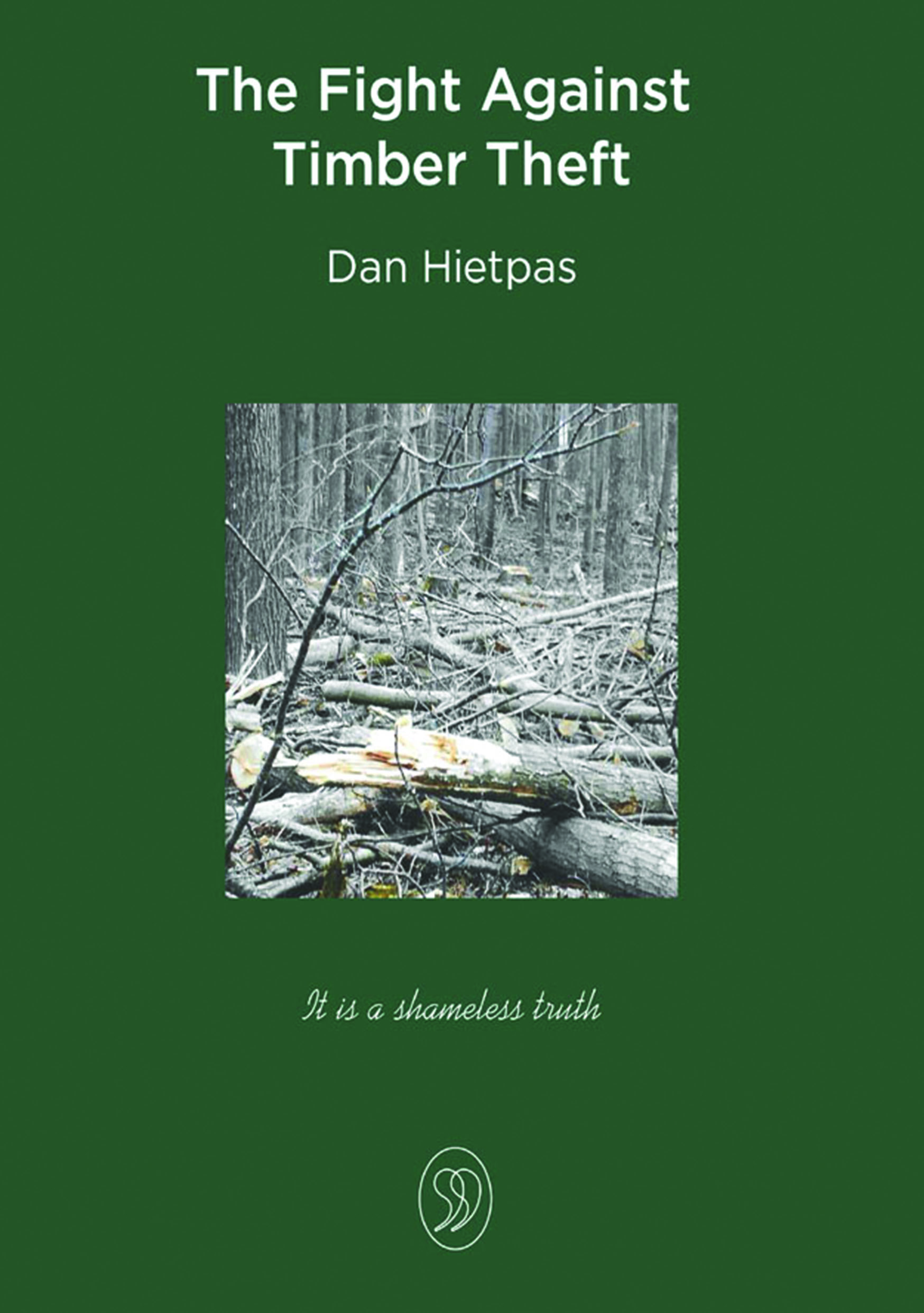

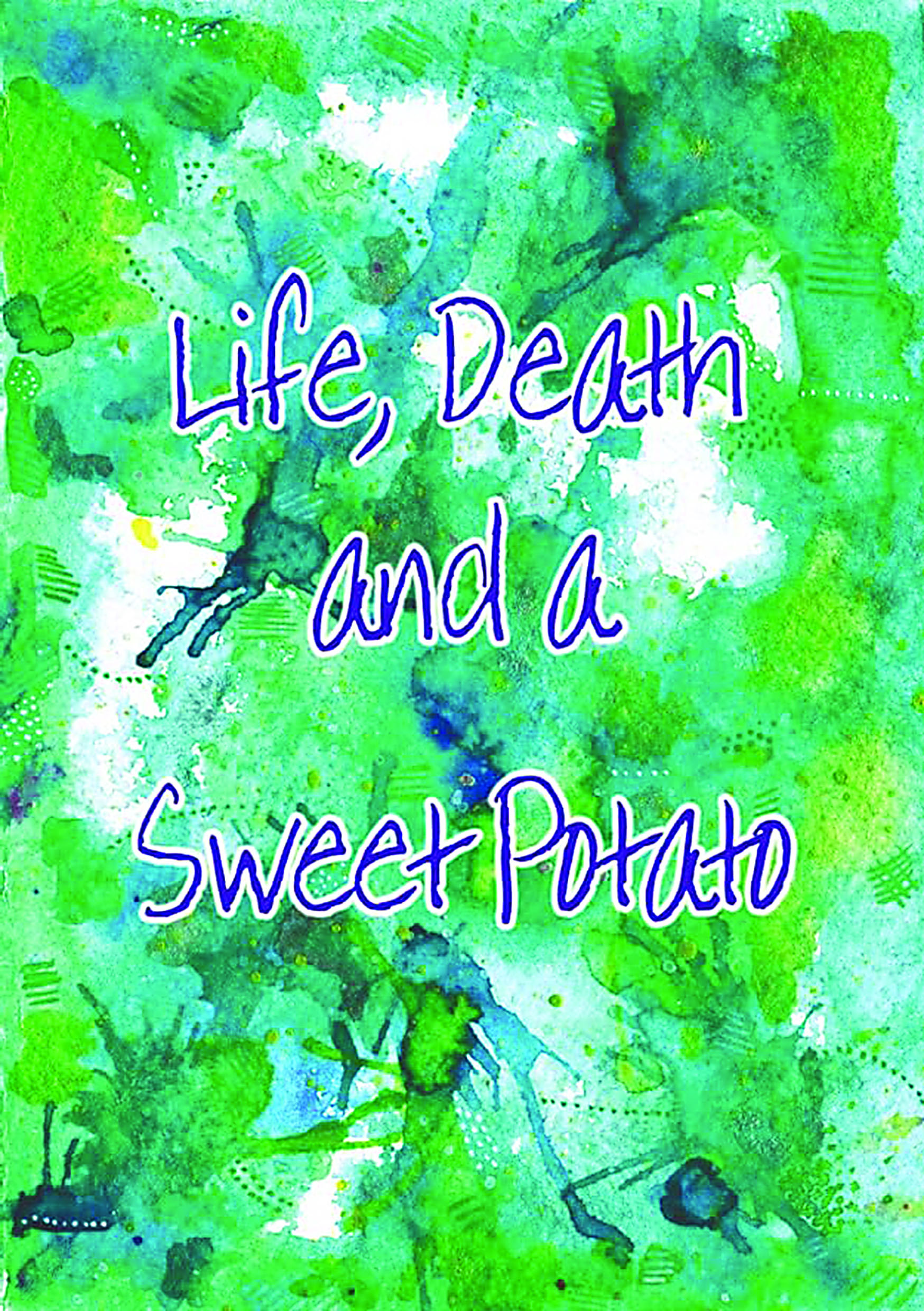



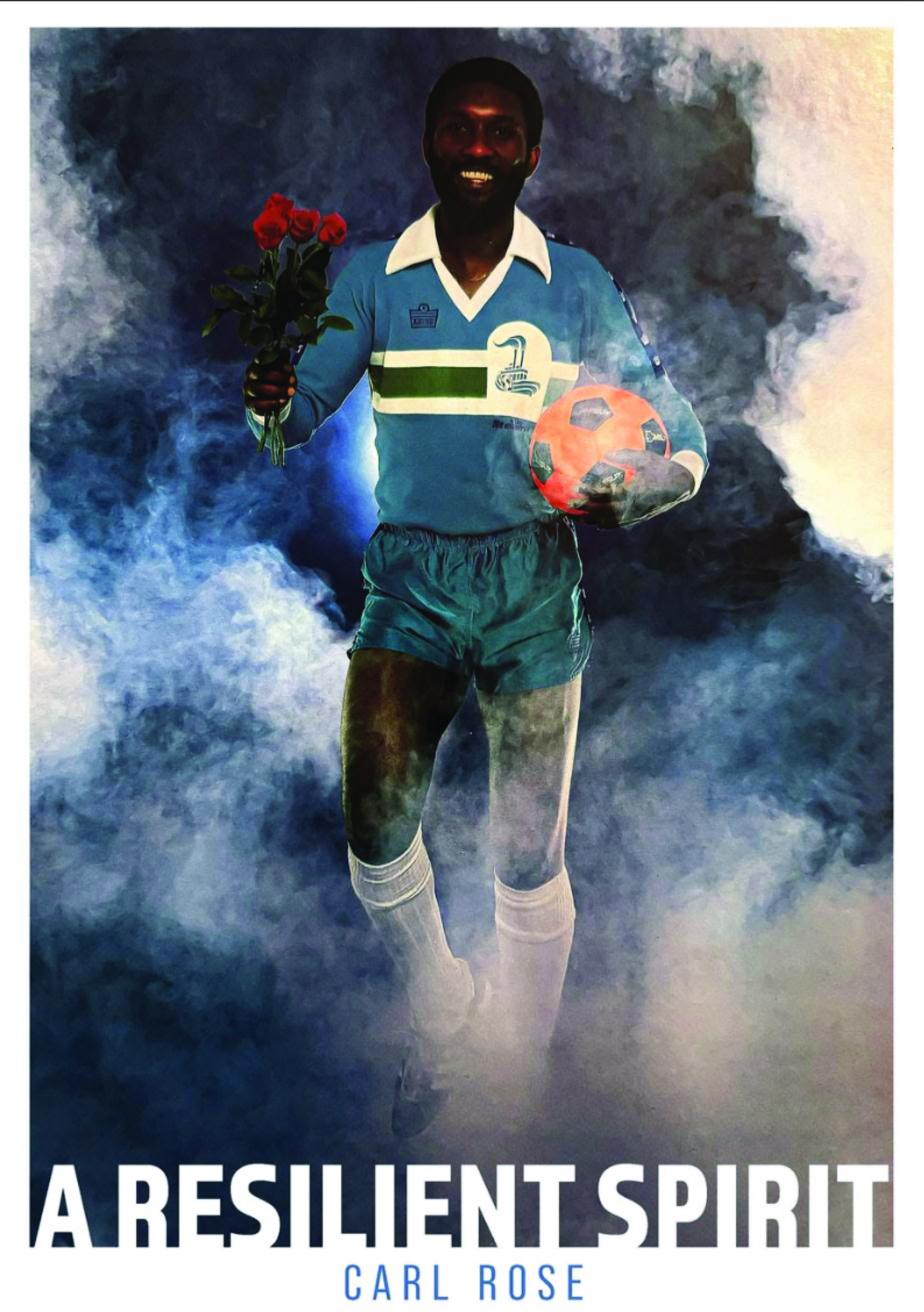



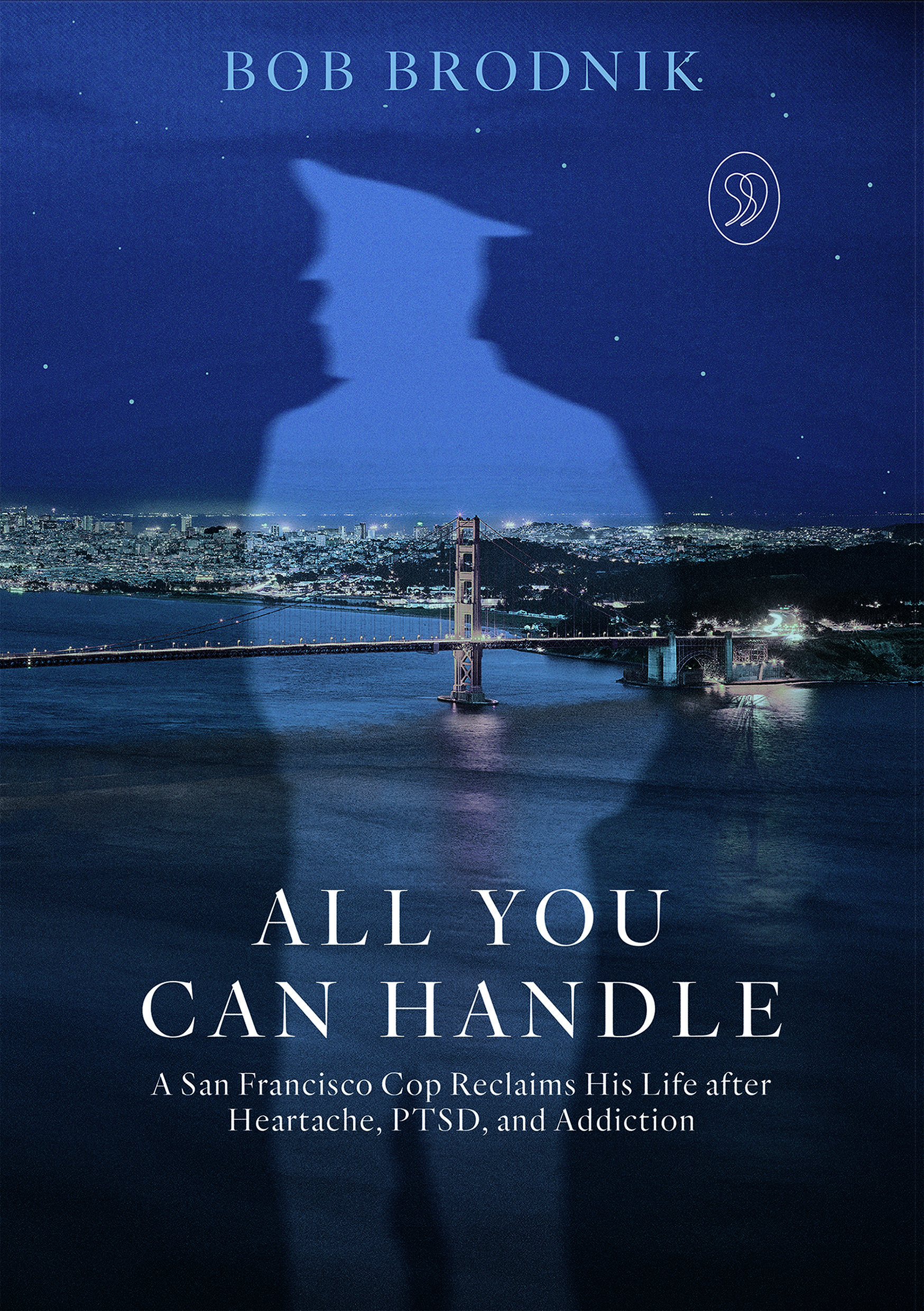

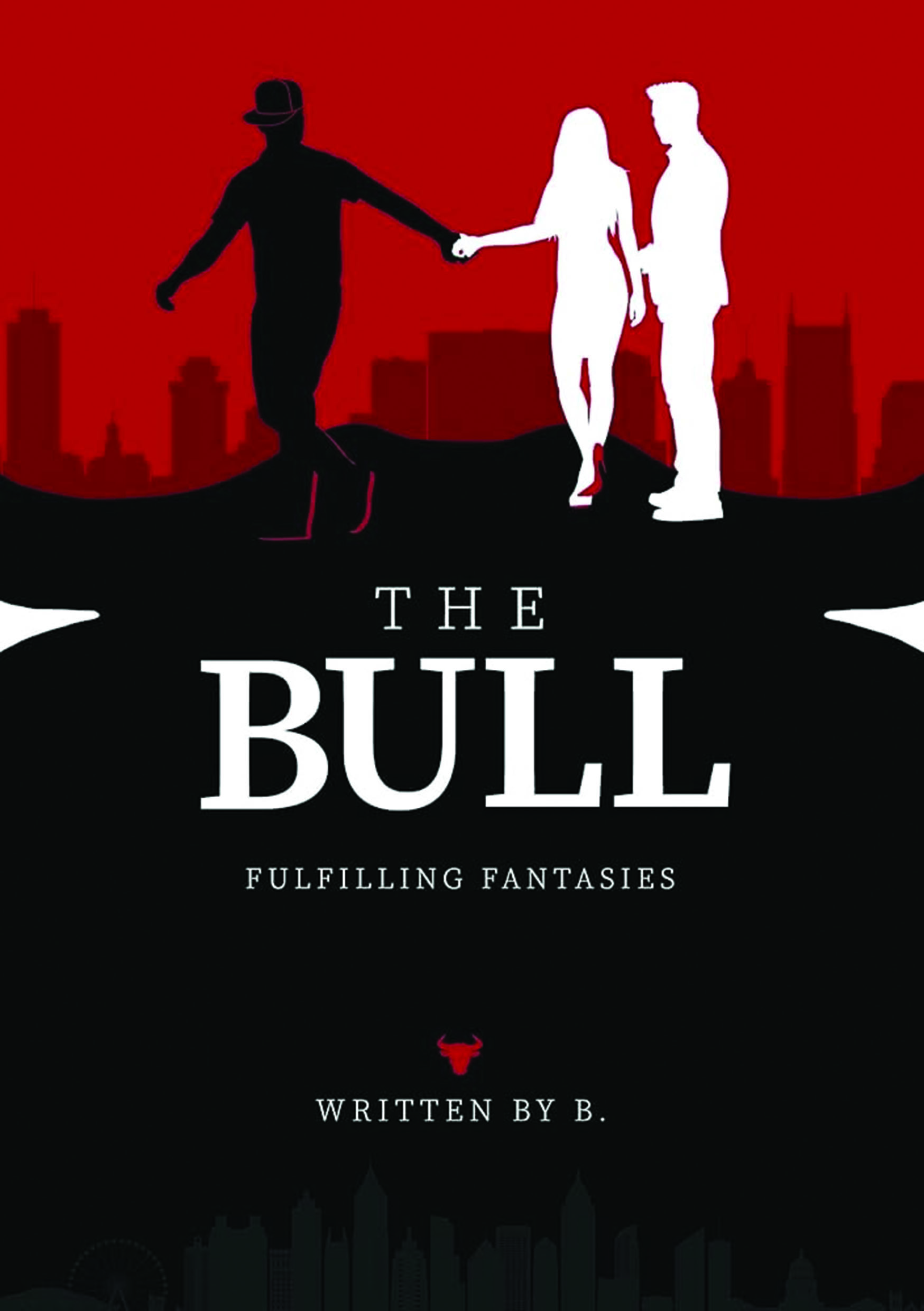

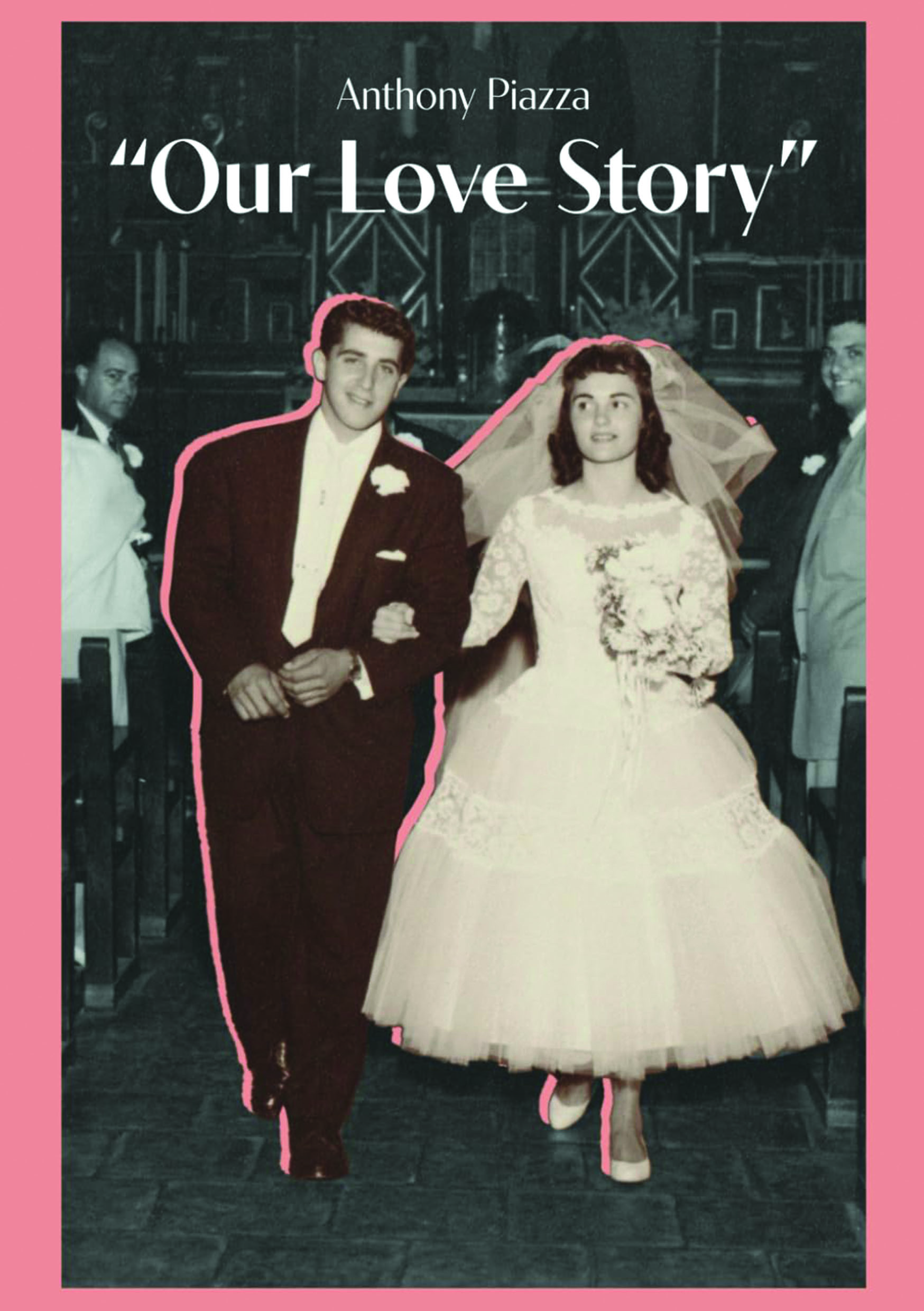



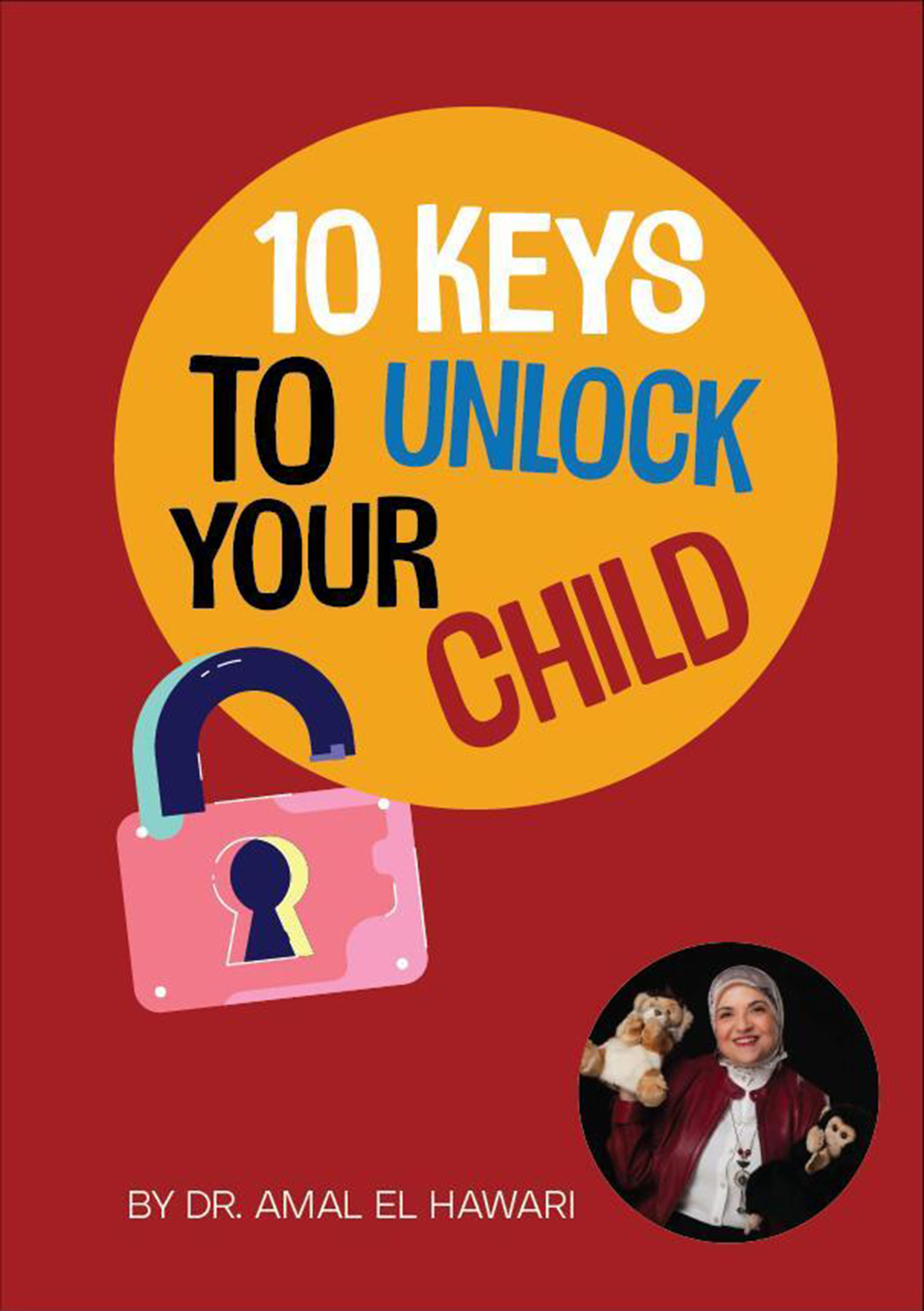











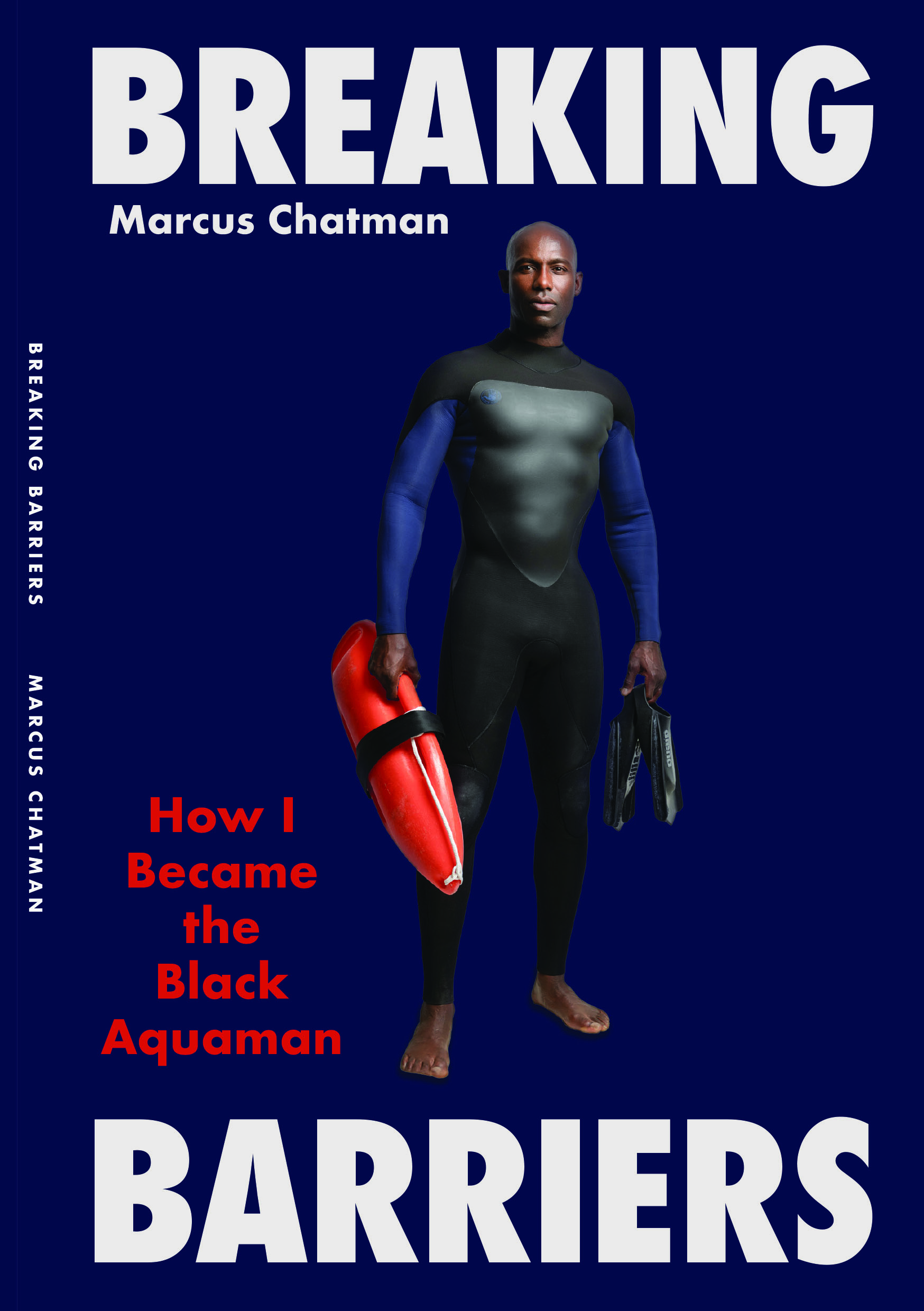



.jpg)









.webp)


























